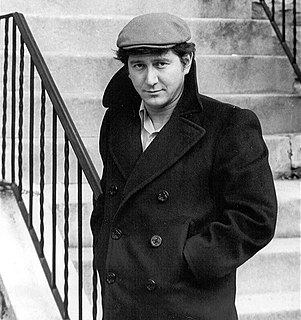A Quote by Semir Zeki
I gather that the dopaminergic system in the reward centres of the brain respond even more vigorously to the expectation of reward than to reward itself. Hence, perhaps, the disappointment.
Related Quotes
It turns out that dopamine is a chemical on double duty in the brain. Along with its role in motor commands, it also serves as the main messenger in the reward systems, guiding a person toward food, drink, mates, and all things useful for survival. Because of its role in the reward system, imbalances in dopamine can trigger gambling, overeating, and drug addiction - behaviors that result from a reward system gone awry.
But countless studies have shown that a cue and a reward, on their own, aren't enough for a new habit to last. Only when your brain starts expecting the reward--craving the endorphins or sense of accomplishment--will it become automatic to lace up your jogging shoes each morning. The cue, in addition to triggering a routine, must also trigger a craving for the reward to come.
Blessed, plainly, is that life which is not valued at the estimation of outsiders, but is known, as judge of itself, by its own inner feelings. It needs no popular opinions as its reward in any way; nor has it any fear of punishments. Thus the less it strives for glory, the more it rises above it. For to those who seek for glory, that reward in the shape of present things is but a shadow of future ones, and is a hindrance to eternal life, as it is written in the Scriptures: 'Truly I say to you, they have received their reward'
In a free enterprise system, with an honest and stable money, there is dominantly a close link between effort and productivity, on the one hand, and economic reward on the other. Inflation severs this link. Reward comes to depend less and less on effort and production, and more and more on successful gambling and luck.


































